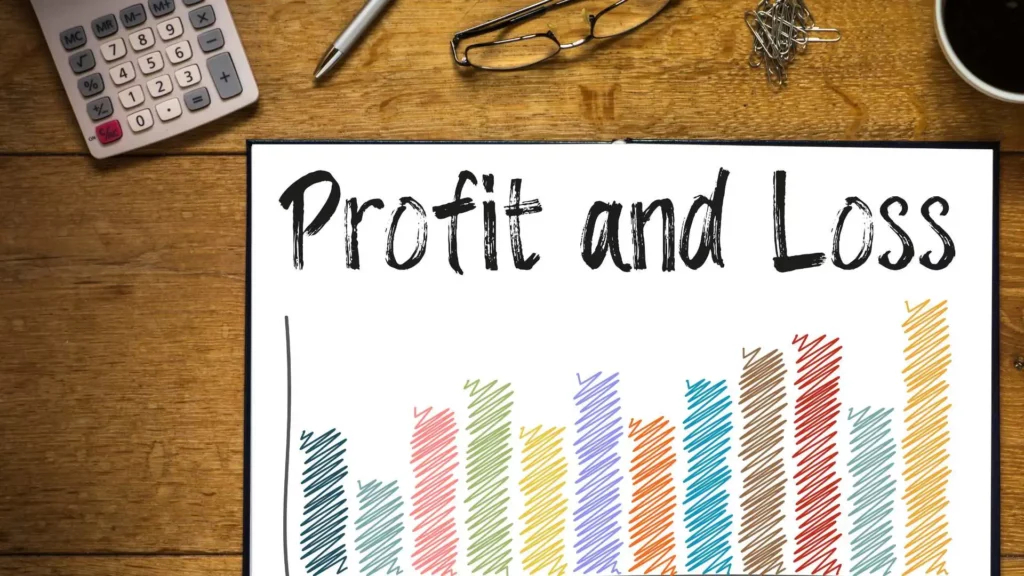Are you considering investing some amount of your hard-earned money, and wish to have adequate returns while maintaining safety? There are different kinds of options available to you such as stocks, mutual funds, and even exchange-traded funds (ETFs). When you begin investing, you need to ensure your money is going into the right place. It should also fit into your portfolio risk and return expectations.
Certain investment instruments promise utmost safety but not too great returns, whereas several mutual funds guarantee higher returns, but with a tad bit of risk. Such factors create confusion but worry not as this article is all about various types of investments and which one to choose considering your preferences.
Which type is the best investment for you
1. Bonds
Bonds are more like lending a person some money. It basically means you’ll be loaning your money, and get back the money with an attested interest amount. You’re giving the money to the government or companies at lesser interest rates. A lot safer than equities, it’s still better to invest in government bonds as there is a thin chance with company bonds that there would be an issuer default.
All the US government bonds are issued with assurance, keeping risk at bay. City or State government bonds could also be a good option. But remember, the safer option you opt for, the lesser would be the return you get.
2. Mutual funds
Bonds and stocks are not everyone’s first choice, and if you’re one of those people, then mutual funds would be the best option for you. With a single investment, you put your money into several companies together. Not only into stocks, but the money also goes into bonds and several other kinds of assets like gold, oil, etc.
Mutual funds are not that risky unless you invest bigger amounts without researching well. It’s not necessary as well that every mutual fund invests in both stocks and bonds to reduce your risk so consult an expert before investing.
3. Stocks
The most common form of investment, stocks are your gateway for investing in a company. Each stock makes you a shareholder, and you get a fair share of the company’s income, but, at the very same time, you’re equally a part of their losses. There are several moments when the companies fall down and have massive losses leading to investors losing every penny. Thus, shares are definitely a riskier option to put your hands into.
If you wish to invest in stocks, start with small amounts as it’s an ever changing market with something new every day.
4. Index funds
An index fund is a passive investment strategy that is just like a mutual fund. The fund house tries to match the return of the fund with that of the index it is aiming at. But why index funds? They’re affordable and don’t involve extra expenses since there is no manager in between who needs to be paid for fetching and choosing investments actively.
The risk point in index funds varies, and mostly it depends on what kind of investment fund you have chosen.
5. Exchange-traded funds
Exchange-Traded Funds are quite similar to index funds and try to copy the performance of the index underlying. These are also an affordable option since they do not require any active managerial skills. What makes them different from Index funds is the fact that these are purchased through stock exchanges, and are listed in the market on an everyday basis.
Also, ETFs’ prices are up and down throughout the day, whereas mutual funds and index funds’ prices are set as per their unique calculation done at the end of the trading day.
6. Options
This a derivative instrument where the trade is done at a fixed rate in the future. These contracts are traded on various assets like stocks, bonds, commodities, etc. Despite a contract being established, there is no obligation to abide by the transaction. Usually, shares trade in the quantity of 100.
In their case, you’re putting in your money for a contract, and have three options, either make the sale abiding by it, pass it on to other investors, or don’t use it at all.
The bottom line
Is there something you need to take care of as you make any of these types of investments? Yes, first and foremost, you need to have a brokerage account that helps you facilitate your trading activities. It doesn’t take much time to open such accounts, just 15 minutes are sufficient. With lesser formalities, you’ll find tons of options that’ll help you to open an account online. These sites also provide assistance for finding the kind of investment you want and are suitable for your needs. So choose wisely and patiently.

























